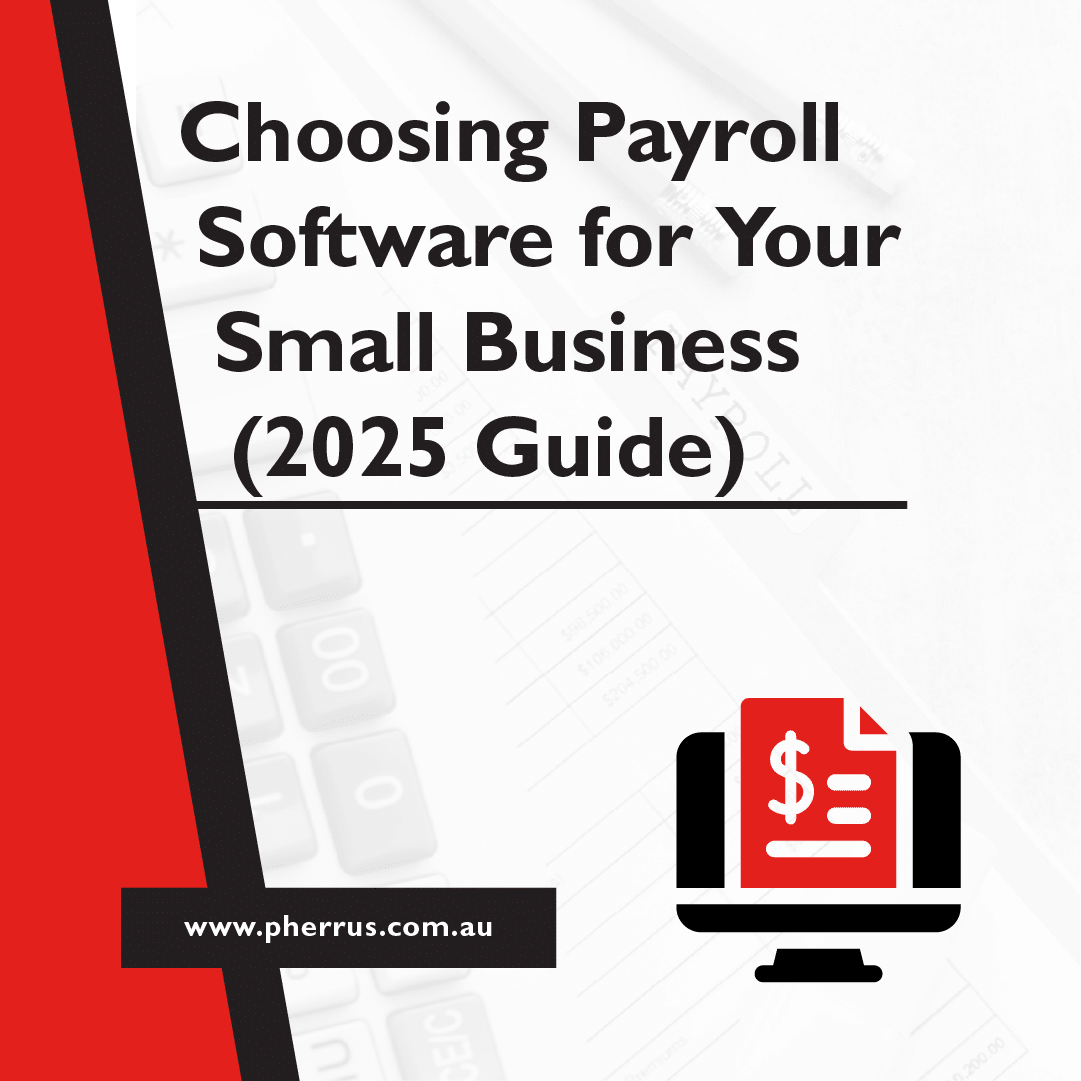The accounting and bookkeeping industry has seen something of a renaissance in recent years. With such rapidly shifting developments in technology and accounting roles, you may find it difficult to keep abreast of new developments. Here are a few important accounting trends that are solidifying in 2015 and will continue to have an impact on the industry.
Cloud Technology and Next-Generation Accounting Software
The dominant storyline in the business world continues to be the deployment of increasingly advanced software driven by cloud hosting, and that’s no less true for the accounting industry. Cloud hosting is about boosting the flexibility of your software installations. It emphasises cooperation across devices and often focuses on delivering software mobility. This means you can use the same program whether you’re working from an office desktop or out in the field on your smartphone. The data you enter is uploaded to the software’s central cloud database and automatically incorporated into all the other installations of that software.
This makes it easier for business employees to enter expense reports, transaction information and other data that’s necessary for bookkeepers to do their job. The expanded ease-of-use also means data accuracy rates are rising, and accounting mistakes tied to input errors are decreasing.
Accounting Analytics
One of the biggest benefits of cloud technology for the bookkeeping sector is its facilitation of powerful analytics. With more accurate data available to them, accountants are increasingly called on to provide clients with complex analytics and forecasting reports. Fortunately, the ability for next-generation software to automatically tie into systems for banking, government websites, and other business databases has made it easier than ever to compile these reports.
Changing Roles for Accountants
Accountants are also increasingly expected to provide value-added services like financial advisement. This is particularly true for accountants serving small and mid-sized businesses, who often don’t have a dedicated financial adviser. The practice has gained momentum due in part to the government’s institution of the ASICs exemption, an Australian Securities and Investments Commission policy that allows accountants to offer limited financial advice without having to secure an Australian Financial Services (AFS) licence. While the exemption will expire in July 2016, accountants can obtain a limited AFS licence to continue providing financial advice beyond that date.
The accounting industry is shifting towards a more service-oriented model. Accountants will increasingly be expected to take advantage of powerful new advances in technology and software to deliver added-value services that may blur the line between bookkeeping and a fuller partnership in their clients’ overall business finances.




